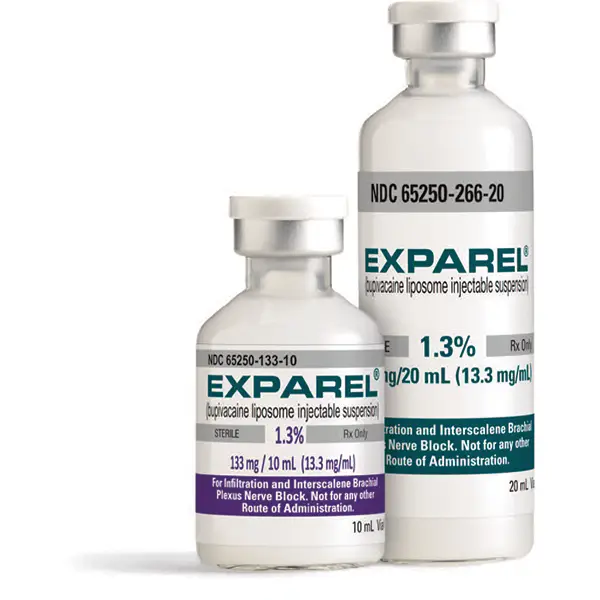A Variety of Anesthesia OptionsAt Mountain State Oral & Facial Surgery, we want every patient to feel safe, comfortable, and informed. Our oral surgeons have undergone extensive training in the administration of anesthesia and will determine the most appropriate method based on your surgal procedure, overall health, and individual preference. In addition to local anesthesia, we offer IV sedation, nitrous oxide sedation, and general anesthesia. During your procedure, you will care for you in one of our surgical suites equipped with the latest technology and monitoring systems to ensure a comfortable experience. TYPESLocalAdministered directly into the surgical site, local anesthesia numbs the location and surrounding area. This procedure allows the patient to be completely conscious and aware during the procedure, but they will not experience any pain or discomfort. The patient may eat and drink as normal until the time of the appointment. Local anesthesia may also be used in combination with other sedatives, such as nitrous oxide. Nitrous oxide (laughing gas)Nitrous oxide is a common inhaled anesthetic that causes a relaxed feeling. Although the patient is still conscious, they are less aware of their surroundings. Also called laughing gas, nitrous oxide is a preferred anesthetic option for many patients. Because it wears off quickly, nitrous oxide leaves no lingering sedative effects. Patients may not eat or drink anything for 2 hours prior to the scheduled surgery time. Intravenous (IV) sedationWith IV sedation, we administer a sedative through an intravenous line, usually in the arm. Also known as twilight sedation, IV sedation generally causes the patient to not remember their surgery. Therefore, the patient experiences no pain, discomfort, or anxiety during the procedure. It is a preferred method for wisdom teeth removal procedures. GeneralGeneral anesthesia is necessary for many complex surgical cases, such as facial trauma or orthognathic surgery. Patients who experience moderate to severe anxiety before their procedure can also take this. Surgeons usually perform anesthesia in a hospital setting. Patients are completely asleep under general anesthesia and may experience increased drowsiness for 12–24 hours following their procedure.  Non-opioid ExparelThe first and only FDA approved long-acting local analgesic for ages 6 and above. Exparel is indicated for single-dose infiltration in patients aged 6 years and older to produce postsurgical local analgesia. Optimizing Your Recovery After Surgery:
See How Exparel Can Control Pain After Surgery Your Surgical ExpertsOral and maxillofacial surgeons are the most qualified dental professionals to perform anesthesia in an office setting. They are required to earn the highest level of licensure possible for dental practitioners and complete extensive hands-on surgical training to obtain their credentials. All of our oral and maxillofacial surgeons are fully credentialed and experienced in the administration of anesthesia. About Us |